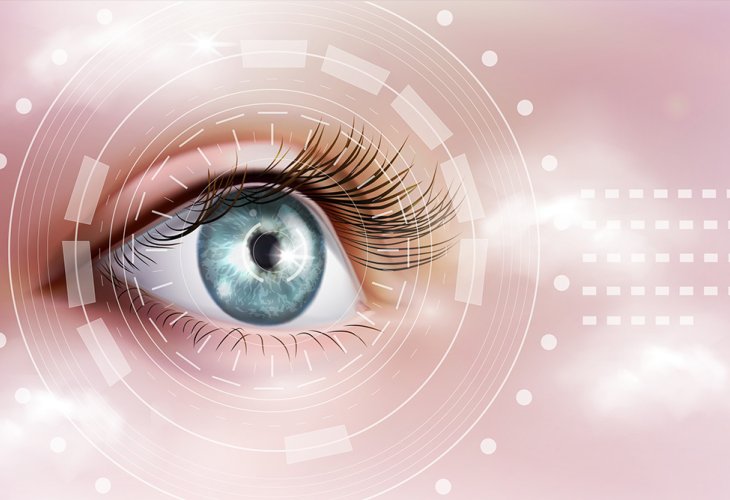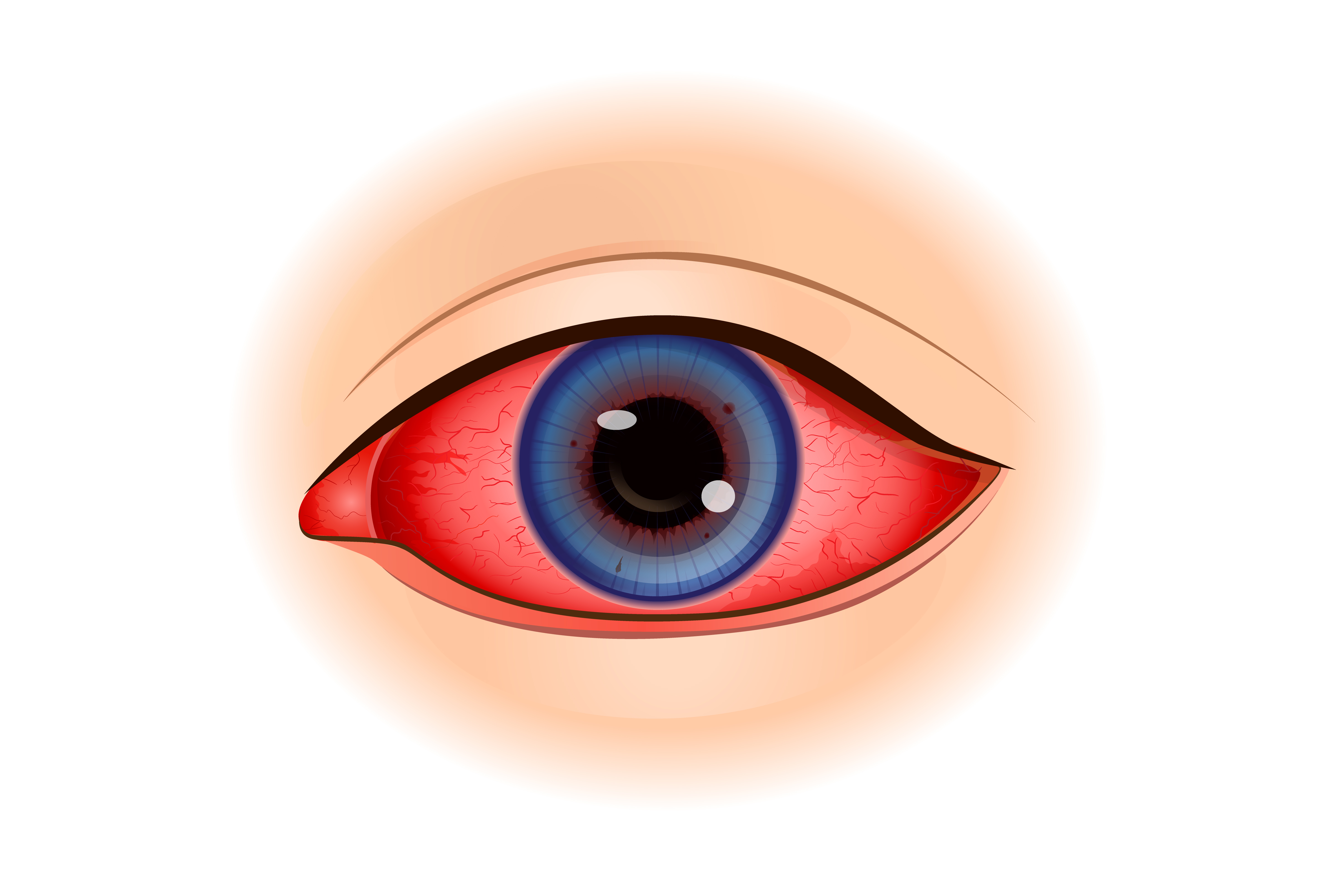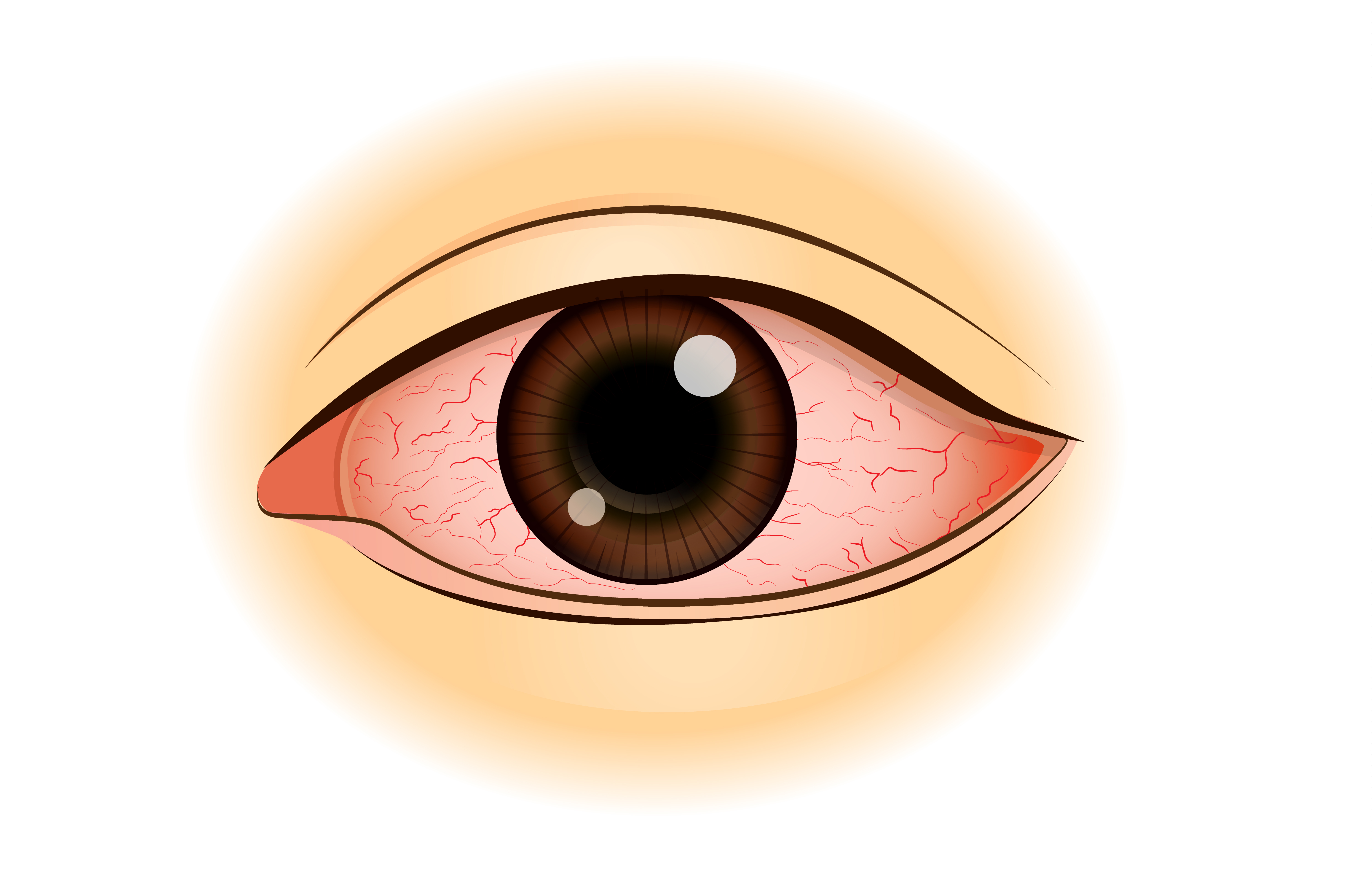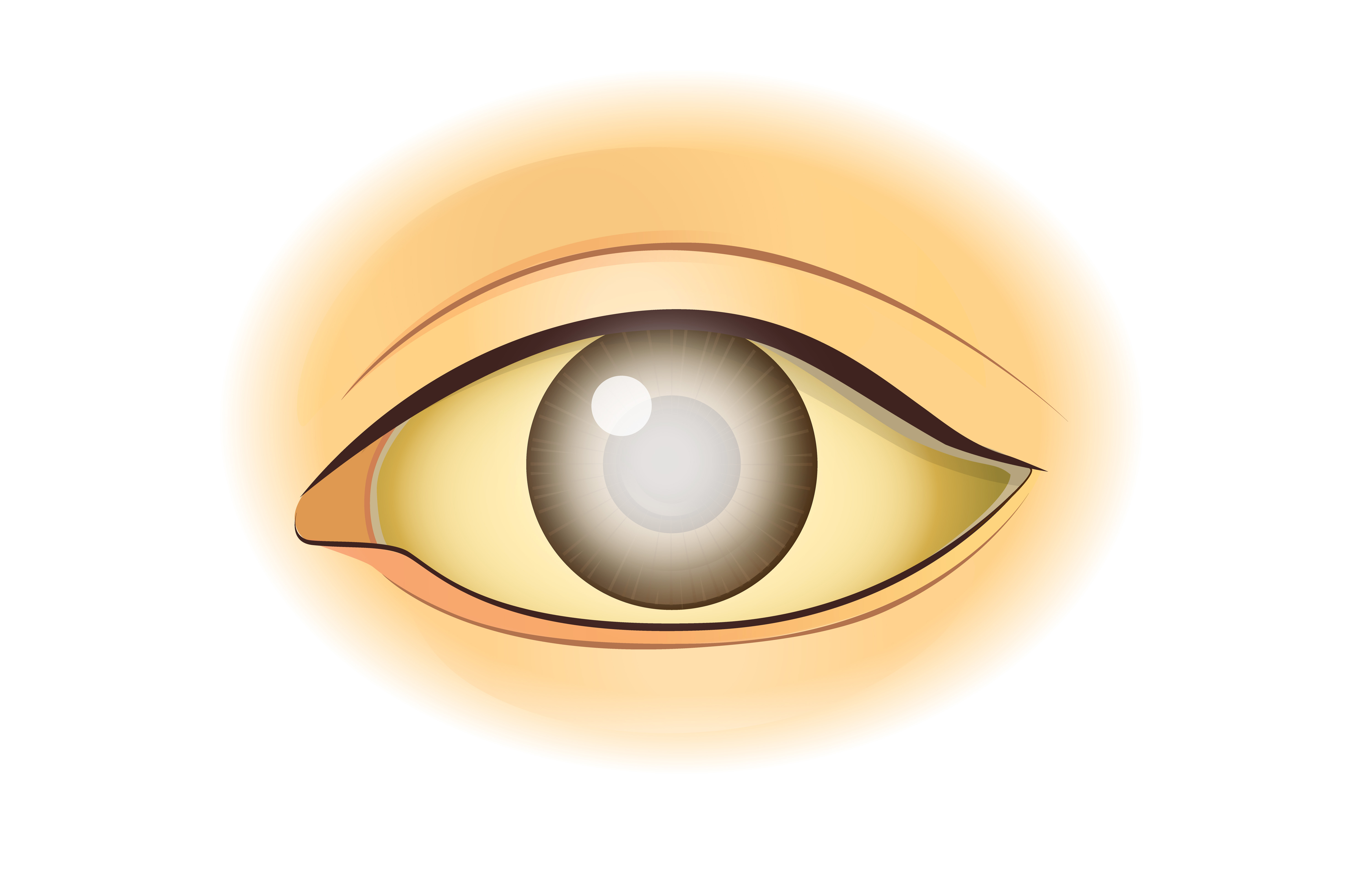The Eyes Have It: What Your Eyes Reveal About Your Health
Curious if you might be missing out on essential vitamins or have another health issue? A glance at your eyes could provide early warnings for various conditions and illnesses. Here's what to watch for.
 (Photo: shutterstock)
(Photo: shutterstock)They say the eyes are windows to the soul, but did you know they also reflect your physical health? Our eyes contain over 1.7 million nerve fibers and a vast network of tiny blood vessels. They're highly sensitive to both physical and emotional changes, making them early indicators when something needs attention.
Broken blood vessels in the eye, puffiness, and twitching are just some of the warning signs our eyes can show us. Here are six key alerts your eyes might give before you're even aware of an issue:
1. Very Red Eyes
If your eyes appear bloodshot with visible "burst" blood vessels and you experience sensitivity to light and a watery look, you may have a deficiency in Vitamin B2. This can be caused by excessive alcohol or simple carbohydrate consumption, like white bread and pasta. The fix – eliminate harmful foods and add meat, fish, eggs, and almonds to your diet. Reduce processed foods that hinder vitamin absorption, and enrich your meals with leafy greens and vegetables.
 (Illustration: shutterstock)
(Illustration: shutterstock)2. Dry Eyes
Eyes that itch, burn, and sting, coupled with a constant urge to rub them, signal dry eyes. This classic sign points to a lack of retinol, or Vitamin A. The fix – reduce sugar intake and add fish oil to your diet. Cod liver oil is highly recommended.
 (Illustration: shutterstock)
(Illustration: shutterstock)3. Dark Circles and Bags
Dark circles and swollen "bags" under the eyes are caused by fluid buildup in the skin beneath the eyes, which creates a tired look. This often results from eating processed foods that spike insulin levels. The fix – try foods rich in potassium, such as avocado, fresh mushrooms, kale, salmon, spinach, lima beans, and more. Gradually eliminate processed foods from your diet.
4. Cataracts
Normally, the lens of the eye is completely clear, ensuring sharp and clear vision. In an eye with cataracts, there appears to be cloudiness or fog in the lens. This can be dangerous and eventually lead to blindness as it progresses. Cataracts typically appear with age but are also linked to high vegetable oil use or steroid medications, which cause various issues in the body. The fix – increasing Vitamin C, found in cauliflower, kale, parsley, fish, broccoli, kiwi, and also available as a supplement, can slow or halt the disease's progression.
 (Illustration: shutterstock)
(Illustration: shutterstock)5. Red Spot in the Eye
A blurry spot resembling a burst blood vessel in the eye usually indicates a lack of Vitamin C or K. These vitamins are abundant in vegetables like cabbage, broccoli, lettuce, cauliflower, cucumber, celery as well as avocados. It's also advisable to check your blood pressure to ensure it isn’t a more serious issue.
6. Twitchy Eye
Do you know that strange feeling as if your eye has a mind of its own? The eyelid twitches, and there's no way to stop it. This involuntary eyelid twitching is a sign that your body isn't using magnesium and calcium properly. Caused by stress and sodas, it can be corrected with a spoonful of apple cider vinegar in a glass of water before meals, which lowers body acidity and aids vitamin absorption.
Ultimately, eye health is crucial, and it's wise to start caring for your eyes early.
Beyond eating healthy as detailed, consider installing a blue light filter app on frequently used screens, like smartphones or tablets. The blue light emitted from these devices harms and irritates the eyes.
A Kind Eye is Blessed
On a spiritual level, we should strive to look kindly at others and see the world through "rose-colored glasses," as the saying goes. Focus on the good things and avoid improper visions.
Spiritually caring for your eyes is the best safeguard for health, as every mitzvah performed with our limbs benefits them physically. For example, using eyes for mitzvahs, like reading holy texts, aids across all areas. May we always see the good in everyone and everything, in health and joy.
Important: This article is for informational purposes only and is no substitute for medical advice. For any questions or changes in eye conditions, consult a doctor.

